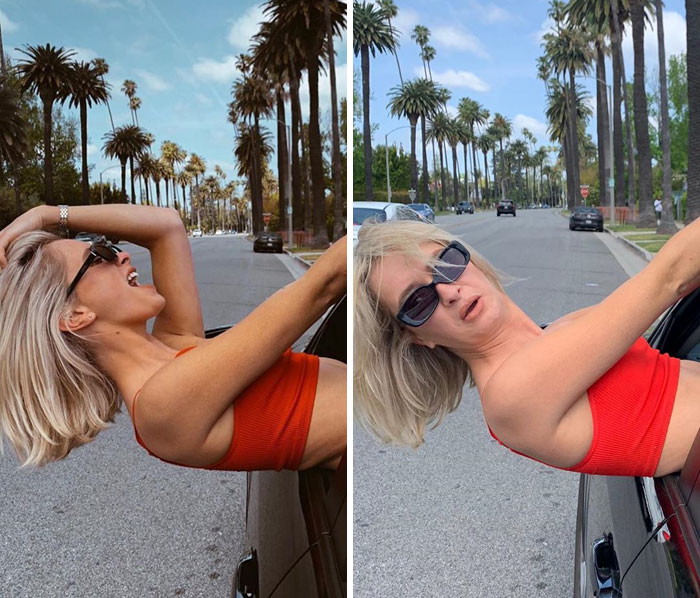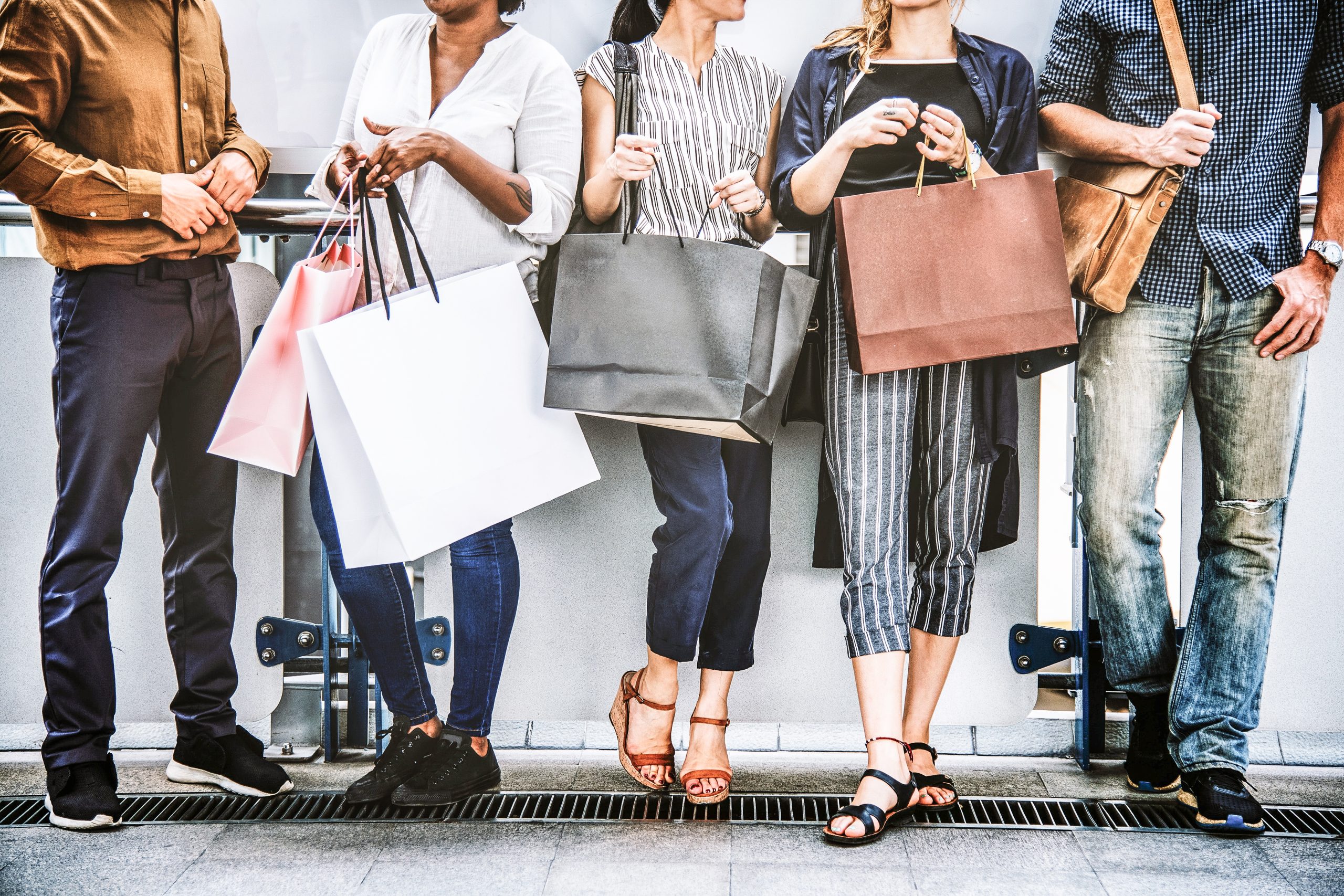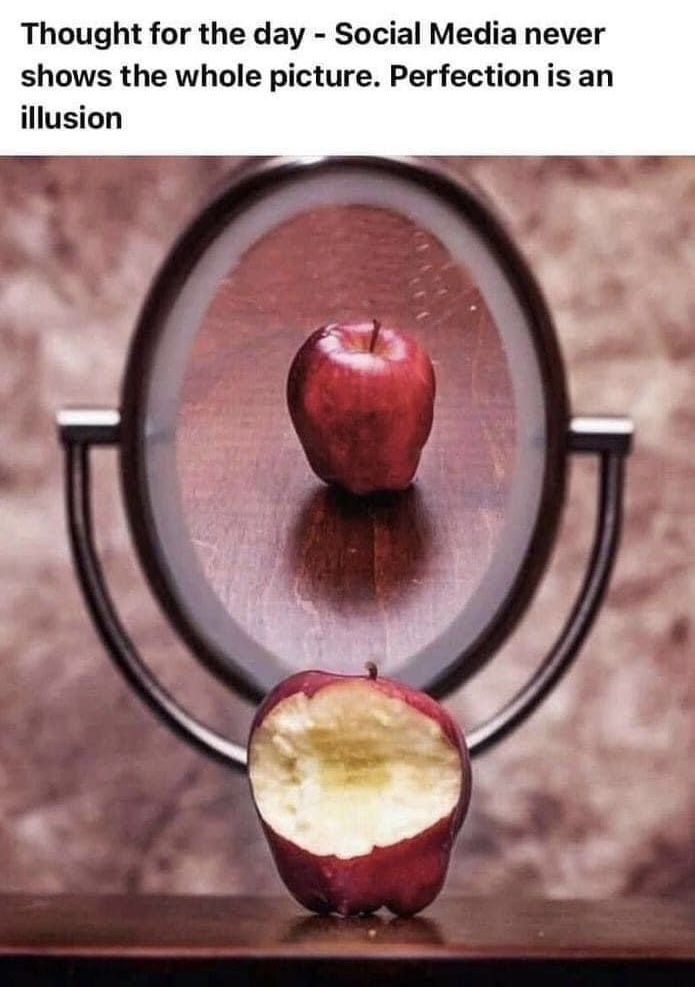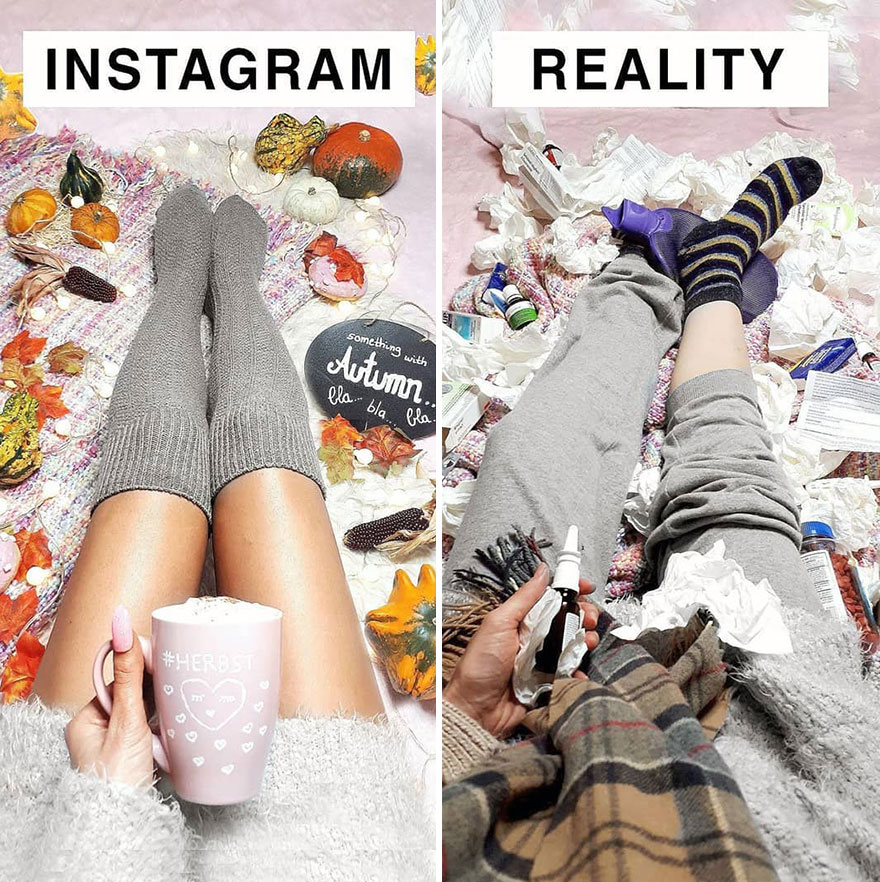The Truth About Influencer Culture Nobody Wants to Admit
The Truth About Influencer Culture Nobody Wants to Admit

Scroll through Instagram, TikTok, or YouTube for five minutes, and you'll encounter a carefully curated fantasy world. Perfect skin, immaculate homes, luxurious vacations, and lives that seem effortlessly glamorous. But beneath the polished veneer of influencer culture lies an uncomfortable truth that most people refuse to acknowledge: we're all participants in a collective delusion that's quietly destroying our self-worth, draining our bank accounts, and hijacking our sense of reality.
The Lifestyle Fantasy That's Costing You More Than Money
Influencer culture has transformed from a niche corner of the internet into a multi-billion dollar industry that shapes how millions of people perceive success, beauty, and happiness. But what nobody wants to admit is that it's fundamentally built on deception—not just from the influencers themselves, but from every single person who participates in the illusion.

When you buy that $300 sweater because your favorite influencer wore it, you're not investing in quality—you're purchasing the fantasy that you'll somehow absorb their confidence, elegance, or success. When you scroll through perfectly filtered vacation photos while sitting in your ordinary living room, you're not being inspired; you're being emotionally manipulated into believing your real life isn't enough.
Why Smart People Fall for the Illusion
The most dangerous aspect of influencer culture isn't that it exists—it's that it works so effectively on intelligent, capable people. High-performing professionals, educated individuals, and otherwise discerning consumers find themselves trapped in a cycle of comparison and consumption that they intellectually understand is harmful but emotionally can't resist.
The Psychology Behind the Performance
Dr. Mark Johnson, a media studies professor, explains that influencers create "one-sided relationships that generate a sense of intimacy and trust. When an influencer recommends a product, it feels like advice from a friend rather than an advertisement." This blurred line between genuine connection and marketing makes people exceptionally susceptible to influence.

But the real mechanism isn't just trust—it's escapism disguised as inspiration. When you're exhausted, overwhelmed, or disconnected from your own life, the scroll hits like a sedative. It doesn't heal you; it suspends you in a prettier version of someone else's carefully manufactured reality.
The Financial and Emotional Toll Nobody Discusses
Consider the viral trends that sweep through social media: $24 Summer Fridays lip balms that everyone "must" collect, despite lasting only three weeks. The $16 Rhode peptide lip treatment. The $18 Laneige lip glowy balm. Individually, these purchases seem harmless. Collectively, they represent a systematic transfer of wealth from insecure consumers to brands that profit from manufactured inadequacy.
Real People, Real Consequences
Sarah, a 35-year-old marketing executive, bought the expensive sweater worn by Meghan Markle after seeing it featured in influencer posts. "I told myself it was an investment piece," she admits. "Truth? I was hoping it would make me feel elegant and put-together. Spoiler: I'm still me—just with less money in the bank."
Tom, a 28-year-old graphic designer, maxed out his credit card following a tech influencer's gear recommendations. "I thought it would make me better at my job," he says. "Turns out, tools can't replace skill—or self-worth."

The Dark Side of TikTok Shop and Overconsumption
The introduction of TikTok Shop has accelerated this crisis exponentially. Unlike traditional influencer marketing, TikTok Shop enables ordinary users to promote products directly, flooding feeds with constant advertisements for cheaply made, low-quality items. According to gcimagazine.com, 89% of users purchased cosmetic products after browsing TikTok Shop—a testament to the platform's marketing effectiveness and our collective vulnerability.
But the true cost extends beyond poor-quality products. Many of these items are produced using inhumane labor practices in China, exploiting workers to achieve rock-bottom prices. When confronted with this reality, many consumers simply shrug—ethical concerns evaporate when faced with a good deal. This represents a disturbing erosion not just of financial judgment, but of basic human empathy.
Why Nobody Calls It What It Really Is
If influencer culture is so transparently manipulative, why hasn't it collapsed under the weight of its own fakery? Because calling it out threatens too many interests and forces too many uncomfortable self-examinations.
The Uncomfortable Truth About Complicity
Admitting that influencer lifestyles are fabricated fantasies requires acknowledging your own participation. You weren't just passively watching—you were emotionally aroused by someone else's filtered existence. You shaped your desires around their curated image. You used your adult income to play dress-up in someone else's aesthetic.
Nobody wants to admit that level of self-deception, so we rename it. We call it "aspiration." We frame it as "vision boarding" or "just a little inspiration." We perform intellectual gymnastics to avoid confronting a simple reality: we were manipulated, and we allowed it to happen.
The Rise of Deinfluencing and Conscious Consumption
A counter-movement is emerging. "Deinfluencing" advocates for a more critical approach to social media recommendations, urging individuals to resist consumerist trends and make purchasing decisions based on genuine needs rather than viral hype.
This shift represents more than just smarter shopping—it's a reclamation of personal authority. It's the recognition that you don't need a prettier life; you need a more honest one. One you can lead from. One that doesn't crumble the moment you stop performing for an audience that doesn't actually care about you.

How to Reclaim Your Authority in a World That Profits From Your Doubt
Breaking free from influencer culture's grip doesn't require deleting all your social media accounts or throwing away every purchase you regret. It requires something more difficult: brutal honesty about how the fantasy changed you.
Practical Steps Toward Digital Sobriety
Start by conducting a personal audit. Review your recent purchases and ask yourself: Did I buy this because I genuinely needed it, or because I saw someone online with it? Be honest about which influencers you follow and why. Are you genuinely learning something valuable, or are you numbing yourself with aesthetic escapism?
Implement a 72-hour rule for non-essential purchases inspired by social media. This cooling-off period allows the emotional manipulation to dissipate, revealing whether you actually want the item or just the feeling you think it will provide.
Most importantly, reconnect with your own internal compass. What do you actually value? What brings you genuine satisfaction versus temporary distraction? The answers to these questions exist within you—not in someone else's curated feed.
Frequently Asked Questions
Is influencer culture declining?
While some data suggests consumer skepticism is increasing, influencer culture continues to thrive financially. However, there's a growing awareness of its manipulative tactics, particularly among younger generations who are becoming more discerning about content authenticity.
Are all influencers intentionally deceptive?
Not necessarily. Many influencers start with authentic intentions but face increasing pressure to maintain profitable partnerships and secure their livelihoods. The commercialization of social media platforms has created systemic incentives that prioritize promotional content over genuine recommendations.
How can I tell if I'm too influenced by social media?
Warning signs include: making purchases primarily based on influencer recommendations, feeling inadequate when comparing your life to social media content, spending significant time scrolling without clear purpose, and prioritizing aesthetic presentation over genuine experiences in your own life.
What's the difference between inspiration and manipulation?
Genuine inspiration empowers you to create something new based on your own values and circumstances. Manipulation makes you feel inadequate about your current life and pressures you to purchase specific products or adopt particular lifestyles to achieve worthiness.
The Choice Nobody Can Make for You
The world will always sell you a version of success that photographs well. Brands will continue profiting from your insecurities. Influencers will keep promoting lifestyles that look effortless but are actually exhausting performances. This isn't going to change.
What can change is your relationship to it all. You can choose to stop outsourcing your self-worth to people who don't know you. You can decide that your ordinary life—messy, imperfect, and unfiltered—is not just enough, but exactly what it should be. You can reclaim the authority you handed over, one scroll at a time, to an algorithm designed to keep you feeling inadequate.
Real leadership, real confidence, real contentment—these are built in the moments nobody sees, through choices nobody applauds, in a life that might not generate likes but generates actual meaning.
Choose that life. Not the filtered one.
Found this article eye-opening? Share it with someone who needs to read this truth. Use the share buttons below to spread awareness about the hidden costs of influencer culture. Together, we can help others break free from the cycle of comparison and consumption.